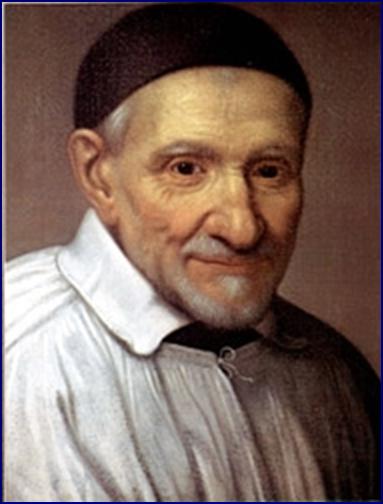For fifteen years has Jesus been waiting for me to return to Him, to return to the fervour of my first year of religious life. During that time how many pressing and loving invitations has He not given me? What lights and inspirations, remorse of conscience, and how many good resolves which were never carried into effect. O my God, I feel now as if I cannot resist You longer. Your infinite patience and desire to bring me to You has broken the ice of my cold heart. “I will arise and go” to You, humbled and sorrowful, and for the rest of my life give You of my very best. Help me, sweet Jesus, by Your grace, for I am weak and cowardly.
COMMENT: In today’s quote we find Fr Doyle lamenting what he considered to be his unfaithfulness during his first 15 years of religious life. These lines were written during the 30 day spiritual exercises he did just after ordination in 1907.
In retrospect, it’s not immediately clear to us that Fr Doyle was lukewarm or lacking in zeal during his time studying for the priesthood. Many who knew him then considered him an excellent role model. However it is clear that Fr Doyle felt he lacked something during this time, and it is also clear that after this retreat he went about the process of serving God with a much greater efficiency and exactitude so that in comparison a very pious period of studying for the priesthood might seem lukewarm and lacking in devotion.
Fr Doyle isn’t the only great spiritual hero who felt he had much lukewarmness to account for. Today’s saint, Vincent de Paul, seems to have had very mixed motives during his early years. The desire to secure a prestigious ecclesiastical benefice and live in comfort seems to have been foremost in his mind when he was ordained a priest in his very early 20’s. In fact, he even had recourse to the courts to vindicate what he saw as his rights in the Church, and, so keen was he to protect his rights that he even chased a man who owed him money to Marseilles. It was on this expedition that he was kidnapped by Turkish pirates and sold as a slave. It is this experience, plus the importance of friendships like those with St Francis de Sales and Pierre de Berulle that gradually brought about his conversion.
There are other important similarities between St Vincent and Fr Doyle. Both were renowned for their charity. In Fr Doyle’s case this started very early in life – as a child he would take food from his family home and give it to the poor around Dalkey, his native village. He kept this habit all his life, often giving away his food and gifts to soldiers in the trenches.
Both also stand in opposition to the dreadful disease of Jansenism. For anyone unfamiliar with this heresy, here is an excellent description of it:
What type of anthropology lies behind Jansenism? There is a heightened sense of sin, sin which cannot be overcome, but only beaten into semi-containment. There is a division of humanity into the saved and the damned, with the majority being damned. There is a tendency to see the poor, the weak as being damned, or at the very least as being beyond the influence of grace. Victims are damned, abusers are damned. Grace is given so sparingly, by a God who is mean with both love and Grace, and man, he is made in the same niggardly image. God is not merciful and forgiving but full of anger and rage, swift to condemn, waiting to punish. The wounds of the Son are not salvific but condemnatory, both victims and abusers are left without hope, the hell of now is but a foretaste of the hell to come. It is in this image man is created.
In St Vincent’s case, he knew the original promoters of this heresy, and tried, through gentleness and friendship, to win them back. In the case of Fr Doyle we find a great abhorrence of Jansenism. As he said in one letter:
The wretched spirit of Jansenism has driven our dear Lord from His rightful place in our hearts. He longs for love, and familiar love, so give Him both.
It is clear that everything Fr Doyle stood for was in marked opposition to the Jansenistic spirit. Fr Doyle had a great love of the poor and the weak and a burning, passionate love of Christ. He was always gentle with others, and wrote a booklet to combat the problem of scruples. He encouraged the notion of spiritual childhood and the reliance on God’s grace to overcome our faults.

